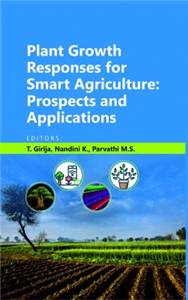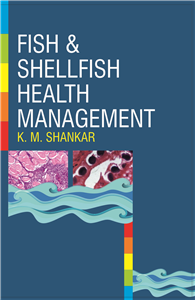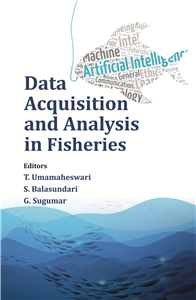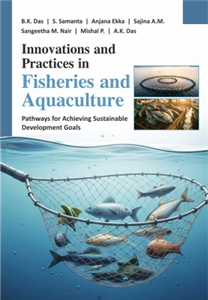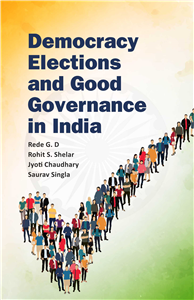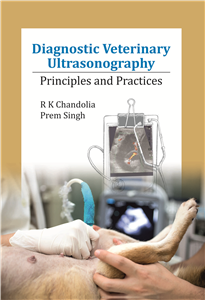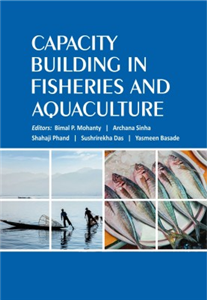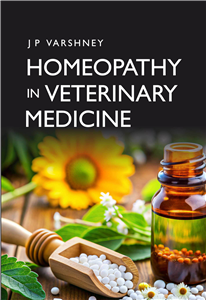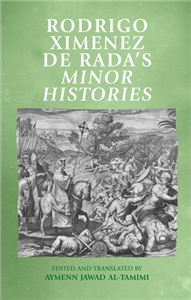Agriculture & farming
November 2025
Policies, Practices, and Challenges
Digital Governance in India: Policies, Practices, and Challenges offers a rigorous, India-centric
account of how ICTs have reshaped the state–citizen relationship over the last two decades and how
they can power Viksit Bharat@2047. Bridging theory and practice, the book maps the evolution from
e-government pilots to platformized service delivery at national scale—covering legal-policy
frameworks, federated digital infrastructures (India Stack, Aadhaar, UPI, DigiLocker), and sectoral
platforms that now mediate education, health, agriculture, finance, and justice.
Going beyond “what works,” it interrogates implementation gaps, ethical risks, data governance, and
inclusion—especially across rural–urban, gender, linguistic, and disability divides—while highlighting
innovations from states, municipalities, start-ups, and civil society. Designed for
graduate/postgraduate courses in Public Administration and allied social sciences, the volume blends
conceptual clarity with applied learning through Indian caselets, policy design exercises, and
evaluation toolkits.
By foregrounding constitutional values, participatory design, and accountability, the book argues for a
people-centric digital state—efficient and transparent, yet also just and humane. It equips students,
researchers, and practitioners to critically assess outcomes, measure public value, and craft the next
generation of reforms for an inclusive, resilient, and future-ready India.
Key Features
? India-specific theory–practice synthesis with comparative cues
? Deep dives on law, policy, standards, and architectures (APIs, ID, payments, cloud,
broadband)
? Caselets from Union, state, and urban/rural contexts; failure analyses included
? Ethics, privacy, cybersecurity, and AI governance integrated throughout
? Outcome & impact evaluation templates; M&E rubrics and logic models
? Teaching aids: discussion prompts, assignments, and capstone policy studio







